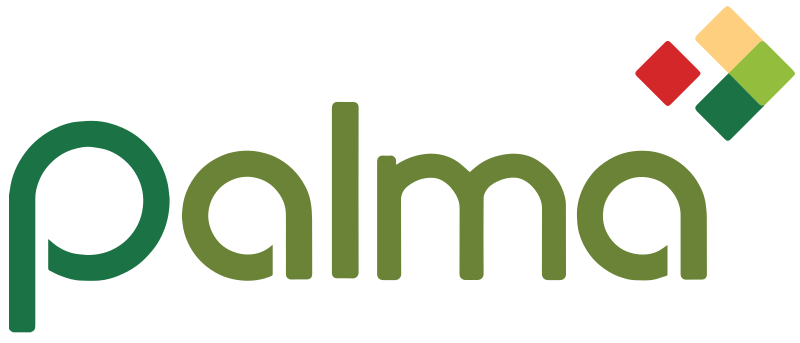Secret cash payment to your nanny could backfire.
The tax law can jump up and bite you in unexpected places. One example of that is the nanny tax so you need tax planning services if you have household employees.
What is the Nanny Tax?
Do you have a household employee such as a nanny, caregiver for an elderly relative who moved with you during the pandemic, or a live-in housekeeper?
You may have hired somebody to help during difficult circumstances caused by the COVID-19 mess.
Maybe that was a temporary arrangement, or maybe it has turned into a permanent one. In either case, the dreaded nanny tax issue may be in play.
The nanny tax refers to your duty to withhold and deposit a household employee’s share of Social Security and Medicare taxes on wages paid to the employee and to deposit the employer’s share of those taxes.
Who Counts as a Household Employee?
First, let us clarify who can potentially count as a household employee. According to IRS Publication 926, Household Employer’s Tax Guide, household employees are individuals who do household work—such as performing as a nanny, caretaker, private nurse, babysitter, housekeeper, maid, driver, or butler. Household work includes only performing services in or around your private home.
According to IRS Publication 926, a person who does household work is your employee if you control what work is done and how the work gets done. So, if a worker regularly comes to your home on a schedule dictated by you and is supervised by you, the worker is probably an employee.
It does not matter whether the work is full-time or part-time or whether you hired the worker through an agency. But if an agency supplies the worker and controls what and how to work it’s done, the worker is not your employee.
Yard care workers, pool service guys, maids, and the like who provide services to the public and show up at your place periodically to go about their business are not your employees.
For 2021, the FICA tax issue arises if you pay a household employee $2,300 or more during the year.
The nanny tax rules are complicated, and complying with them can be a time-consuming nuisance.
Tax Planning Services Can Help if you Have Household Employees
Are you interested in learning more about this? Let’s discuss more in a strategy session. Book Your Free Tax Assessment Here.

